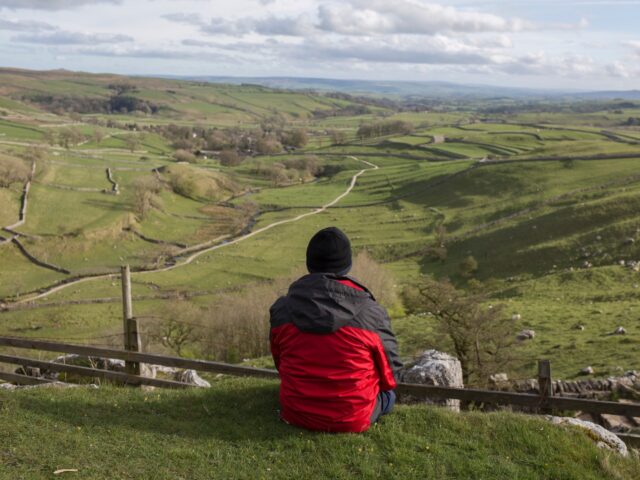Woke academics have been tasked by a charity to study the supposed “rural racism” in the British countryside in response to the Marxist Black Lives Matter movement.
This week the Leverhulme Trust, a charity which can trace its origins back to 19th-century soap-producing plantations in the Congo, has announced that it will be funding the Rural Racism Project to “explore the lived realities of those encountering racism within the English countryside whose experiences are routinely overlooked, minimised and unchallenged”.
The charity, which vowed to “rid the world of the systemic injustices of racism” following the resurgence of the far-left Black Lives Matter protests in the UK in 2020, went on to say that the project will “play a key role in uncovering the nature, extent and impacts of racism experienced in rural towns and villages across the country”.
According to a report from The Telegraph newspaper, the left-wing endeavour will place emphasis on studying the alleged racism encountered by ethnic minority hikers in the countryside and how some minority groups may feel resistance from taking advantage of England’s natural beauty.
The project, which is set to launch in October of this year, will be headed up by the director of Hate Studies at the University of Leicester, Prof Neil Chakraborti, alongside hate crime specialist Dr Amy Clarke, and Professor of Colonialism Corinne Fowler. Fowler has previously drawn criticism for her role in the ‘Colonial Countryside’ project at the National Trust, which published a shame list of dozens of heritage properties tied to either the slave trade and British colonialism, controversially including the former home of British wartime leader Sir Winston Churchill.
In 2021, it was reported that in her book Green Unpleasant Land, Prof. Fowler claimed that many stately homes in Britain benefitted from colonialism and slavery. Therefore, “knowledge about gardens and plants, in particular botany, has had deep colonial resonances” and even gardening itself was steeped in “racial injustice”.
‘Will This Cr*p Ever End?’: Gardening is Racist, Claims National Trust-Backed Professor https://t.co/wgzUVpyHXp
— Breitbart London (@BreitbartLondon) January 18, 2021
Alongside heritage sites, monuments, and statues honouring historical figures, the British countryside has become a growing target for left-wing activists and media in recent years, with even a presenter from the required-by-law-to-be-politically-neutral BBC declaring in 2020 that “the countryside is racist” because some minorities view it as a “white environment”.
The notion that minorities are somehow victims of racism when entering into the great outdoors is a narrative that has also been promoted by the Klaus Schwab-founded World Economic Forum (WEF).
The Leverhulme Trust was born from the Lever Brothers firm which ran palm oil plantations in the then-Belgian-controlled Congo and the Solomon Islands before partnering the Dutch company Margarine Unie to form Unilever in 1929.
In order to atone for its origins, the charity announced in 2020 in the wake of Black Lives Matter protests that it would “continue to offer Leverhulme grants to study these and other social inequalities and in this way help rid the world of the systemic injustices of racism”.
The trust has also said: “In the work of the trust, particularly through our scholarships and research, we have funded many independent studies of the legacy of colonialism, racism and other forms of [related] injustices.
“As well as reflecting on our own past, we will continue to fund important research that can help us understand such wrongs.”
BBC Countryfile Presenter: ‘The Countryside Is Racist’ https://t.co/PbGi21H78f
— Breitbart London (@BreitbartLondon) October 16, 2020
Follow Kurt Zindulka on Twitter here @KurtZindulka

COMMENTS
Please let us know if you're having issues with commenting.